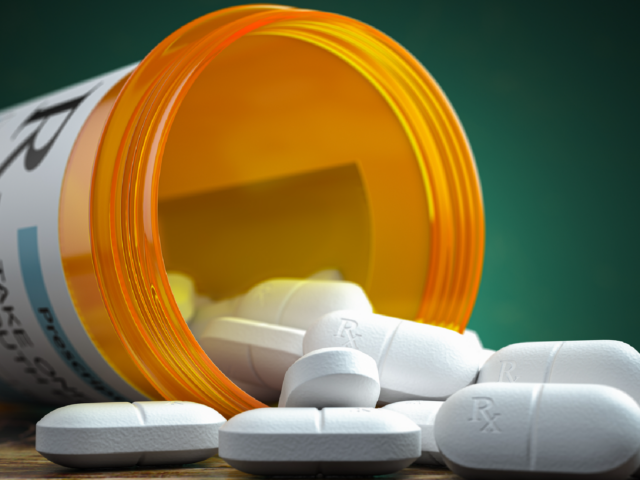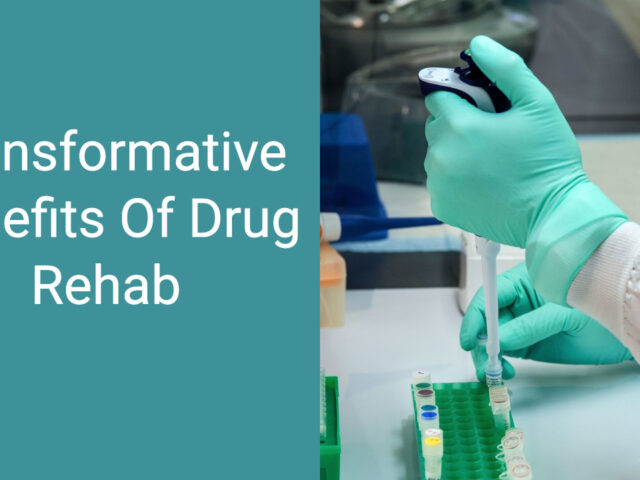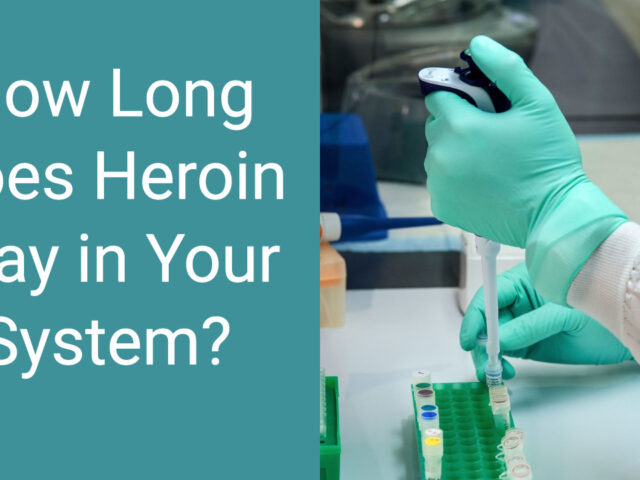Crack is the street name for cocaine that has been processed into a “rock” for smoking. It is typically smoked in small glass pipes. Smoking crack can lead to serious side effects including an irregular heartbeat and paranoia.1
Cocaine is derived from the coca plant native to South America. In the late 1800s, it became a popular prescription drug and was even incorporated into foods and drinks. In 1914, the Harrison Narcotic Act outlawed cocaine production in the United States. Crack cocaine first started appearing in American cities in the 1980s.2 Today, cocaine and crack are Schedule II illicit drugs, which means they have a high potential for abuse.
What Is Crack & How Is It Used?
Crack cocaine is made by heating cocaine powder with water and baking soda. As the water evaporates, the powders react with each other to form a solid. This solid is broken down and sold as “rocks.” Crack is a central nervous system stimulant and is deadlier and more addictive than other forms of cocaine.3 It is also known by various street names, such as badrock, dice, devil drug, sleet, and tornado.
To smoke crack, users will put the rock into a glass pipe or other apparatus and then heat the rock. As the rock burns and melts, it releases cocaine vapors which are then inhaled. While crack is primarily smoked, some users combine crack with heroin and inject it intravenously. This is called a speedball. Some people also crush the crack rock and sprinkle the powder on marijuana or tobacco before smoking it.
There are no safe ways to use crack or cocaine. Any method can cause toxic levels of cocaine to build up in the body, which can cause acute heart issues.4
When smoked, crack starts affecting the brain within 8 seconds. The “high” people feel reaches its peak at just 10-15 seconds and only lasts for up to 15 minutes. Because of its relatively short effects, many people binge on crack and take the drug repeatedly to increase and prolong their high.
Crack and cocaine trigger the brain to release dopamine. This “pleasure chemical” is what makes people feel happy and relaxed. In a normal dopamine cycle, it is recycled back into the brain. Cocaine stops that from happening. This causes a large buildup of dopamine. Over time, the brain becomes resistant to the effects of crack. As a result, someone might start taking larger doses more frequently to get the same high or to stop their feelings of withdrawal.1
Crack Side Effects
Smoking crack can lead to a wide range of side effects. It affects people very differently. While some people feel that it helps them be more alert and focused, other people have the opposite experience. Here are some of the most common side effects of crack:1
- Extreme happiness
- Hypersensitivity to sounds, sights, and touches
- Mental alertness
- Paranoia
- Irritability
These side effects begin almost immediately after taking crack and are typically short-lived. Most effects are gone within a few minutes to an hour. High doses can potentially lead to violent, unpredictable behavior.1
In addition to these drug-related effects, crack can cause some physiological changes in the body. These effects include:
- Nausea
- Dilated pupils
- Increased body temperature
- Irregular heartbeat
- Restlessness
- Muscle twitching
Long-Term Effects of Smoking Crack
With repeated, long-term use, crack cocaine causes the brain to adapt its neural pathways for both pleasure and stress. The pleasure pathways become less sensitive, while the stress circuits become more sensitive. This leads to more negative moods and the desire to get high again to relieve that displeasure.5
Other long-term effects include:1,5
- Irritated respiratory system
- Coughing
- Asthma
- Higher risks of respiratory infections
- Decreased appetite
- Malnourishment
- Parkinson’s disease
One particular side effect of long-term crack use is something called crack hands. Heating a glass pipe and holding it in your hand produces high temperatures that burn the skin. Over time, these repeated burns produce blackened skin lesions along the fingers and palms.6
Crack use can damage many organs within the body. It reduces blood flow to the gastrointestinal tract, which leads to ulcerations and other damages. Long-term use also increases the risk of brain bleeding, called intracerebral hemorrhage, along with bulges in the blood vessels within the brain.6
Some studies suggest that long-term crack use can permanently damage cognitive functions like memory, decision making, impulse control, and motor control.6
In general, using crack cocaine causes impaired judgment. This puts all users at a higher risk of contracting diseases like HIV and hepatitis. However, these risks are further heightened for anyone who injects cocaine or crack with a needle.1
Crack Withdrawal, Dependence, & Addiction
As the brain reward system changes in response to repeated crack use, this can cause a person to use more crack and to use it more often. This leads to dependence. A person will want to use crack because they feel bad or depressed when they don’t use it.
Typical signs of crack withdrawal include:1
- Depression
- Increased appetite
- Unpleasant dreams
- Insomnia
- Fatigue
- Slowed thinking
Because of these unpleasant withdrawal symptoms, a person who has built up a tolerance to crack will want to continue taking it to avoid these symptoms. This can easily lead to a crack addiction. If someone is addicted to crack, they will do whatever it takes to get their next high, even if it means sacrificing their money, friends, family, and work.
If you are someone you know is addicted to crack cocaine, it is important to seek addiction treatment as soon as possible. With the right treatment plan, you can be on the path to recovery.
Overdose Risk, Signs, & Treatment
Yes, someone can overdose on crack. An overdose is when someone takes more of a drug than their body can handle, and they experience life-threatening symptoms or death.
It is possible to overdose the first time, or any subsequent time, you try crack cocaine. Drinking alcohol can increase the risk of overdosing on crack. There is also an increased risk when crack is mixed with other drugs, like heroin.1
If you think someone has overdosed on crack, they might exhibit some of these signs:
- Heart attack
- Seizure
- Irregular heartbeat
- Stroke
- Difficulty breathing
- Fever
- Hallucinations
- Extreme agitation
- High blood pressure
It is important to call 911 if you suspect a crack overdose. Stay with the person until medical help arrives.
While there are no specific medications that can reverse a crack overdose, medical professionals can treat the symptoms with supportive care. For example, if a cocaine overdose caused a heart attack, first responders and doctors would attempt to restore blood flow to the heart. Or, if someone experienced a seizure, medical professionals would use medication to stop the seizure.
Once in treatment for a crack addiction, and even after long periods of abstinence, the risk of relapse is high. To reduce that risk, it is important to limit exposure to triggers and memories of crack use as this can produce strong cravings. Stop seeing people who you associate with your crack addiction to improve your recovery.
Seeking Treatment for Crack Addiction
Anyone having trouble with crack cocaine in their life should seek treatment. There are a variety of treatment options available including in-patient centers where you would get care 24 hours a day. Typical treatment for crack addiction includes:
- Community-based recovery groups
- Cognitive-behavioral therapy
- Therapeutic communities
- Individualized counseling
It can feel overwhelming when trying to find a recovery center for yourself or someone you love. There are so many options to choose from. If you need help finding the right center to meet your needs and specific addiction, our treatment support specialists are available to speak with you.
Contact California Behavioral Health today to explore your treatment options. Call us at 855-404-2172.
Frequently Asked Questions About Smoking Crack
Are There Drugs Available to Reverse the Effects of a Crack Overdose?
There are currently no drugs available to reverse a cocaine overdose. Medical professionals will attempt to treat the symptoms of the overdose.
What Do People Use to Smoke Crack?
While crack is primarily smoked using a glass pipe, some people use straws and foil, broken light bulbs, aluminum cans, steel wood, copper gauze, or faucet aerators.
How Long Do the Effects of Crack Last?
When smoked, the effects of crack start taking effect within 10-15 seconds. The “high” lasts for about 15 minutes.
What Are the Withdrawal Symptoms of Crack?
If someone is withdrawing from crack, they might feel depressed, anxious, and have trouble sleeping. They may want to take crack again to alleviate these symptoms.
Can You Get Addicted to Crack?
Because of its effects on the pleasure receptors in the brain, crack is highly addictive. Over time, the brain becomes desensitized to crack and requires larger doses to experience the same dopamine release. This eventually leads to addiction.
What Happens If You Get Caught with Crack?
Crack cocaine is a Schedule II controlled substance, which makes it illegal to possess. If you are caught or arrested with crack, you may be subject to any applicable local, state, and federal laws. The more crack you have, the greater the penalties.
Resources
1U.S. Department of Health and Human Services. (2021, June 28). Cocaine DrugFacts. National Institutes of Health.
2Public Broadcasting Service. (n.d.). The Buyers – A Social History of America’s Most Popular Drugs. PBS.
3IDHS. (n.d.). Facts You Should Know about Crack – IDHS 4706.
4New York City Health. (n.d.). Cocaine Abuse & Addiction.
5U.S. Department of Health and Human Services. (2021, July 9). What Are the Long-Term Effects of Cocaine Use? National Institutes of Health.
6Feeney, C. M. (1992, September). Crack hands: A dermatologic effect of smoking crack cocaine. PubMed.gov.










